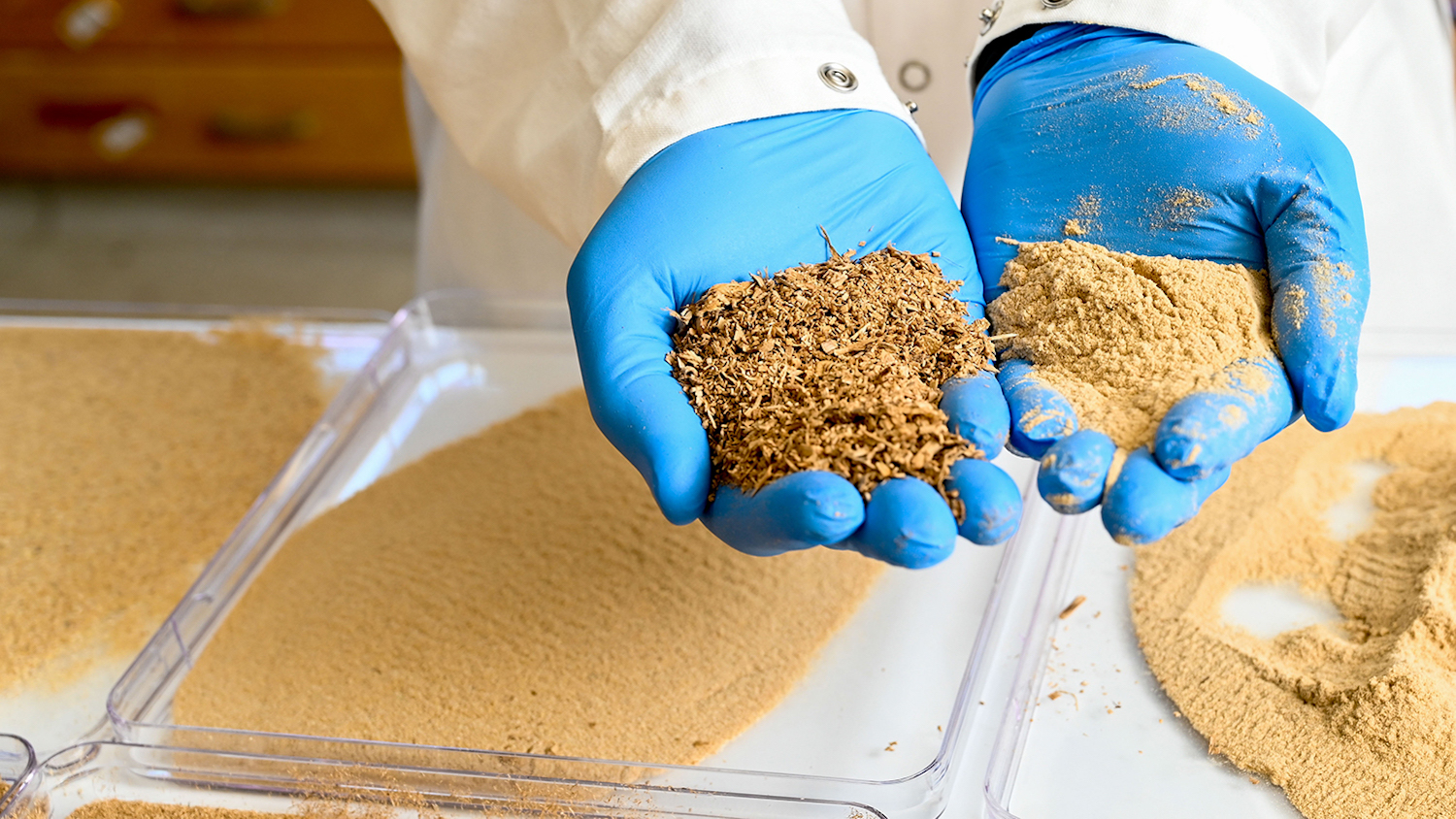Forest Biomaterials Develops Plastic Foam Packaging Alternatives

Image Credits: NC State's
Forest Biomaterials, a North Carolina State University-based academic department, has announced plans to develop a sustainable alternative material that can tackle plastic foam, which is one of the major contributors to global pollution.
The use of plastic foam is widely popular in many disposable food and beverage containers, like plates and cups, which are used as shipping materials for protective packaging. Whereas, the material stands as an environmental barrier due to its lower biodegradability, which raises challenges in recycling. Moreover, the reports also state that plastic foam accounts for up to the global landfill of 30%.
“Our material eliminates polystyrene foam materials that are filling landfills and persisting as litter in the environment,” said Richard Venditti, the Elis-Signe Olsson Professor of Pulp and Paper Science and Engineering.
The team of Richard, Alfonso Dominguez, and Joel Pawlak at Forest Biomaterials started working on the development of the biobased alternative in the previous year and has managed to create a material from a mixture of natural fibers.
The material is expected to replace plastic foam materials, which are used in cushioning and the insulation packaging process, providing a sustainable alternative to the industry players. These packaging materials can also be used in vehicle and furniture cushioning, construction panels, temperature-sensitive medical products, and insulation for food.
“Receiving this award is an honor,” Pawlak said. “The Chancellor’s Innovation Fund shows the university’s commitment to commercializing technologies that can benefit the citizens of North Carolina.”
The Forest Biomaterials team received support from the Chancellor Innovation Fund (CIA) to carry out their research. The researchers are utilizing the funds to engage prospective industry partners/
Top Stories
- A Simple Guide to Understanding Benefits of Rigid Boxes
- A Packaging Guide for Artisanal and Handmade Product Brand
- UFLEX Expands PET Recyclable Woven Polypropylene Food Packaging to Mexico
- Tetra Pak Launches India’s First Carton Packaging with Certified Recycled Polymers
- PepsiCo Reinforces pep+ Strategy with Sustainable Packaging Goals
